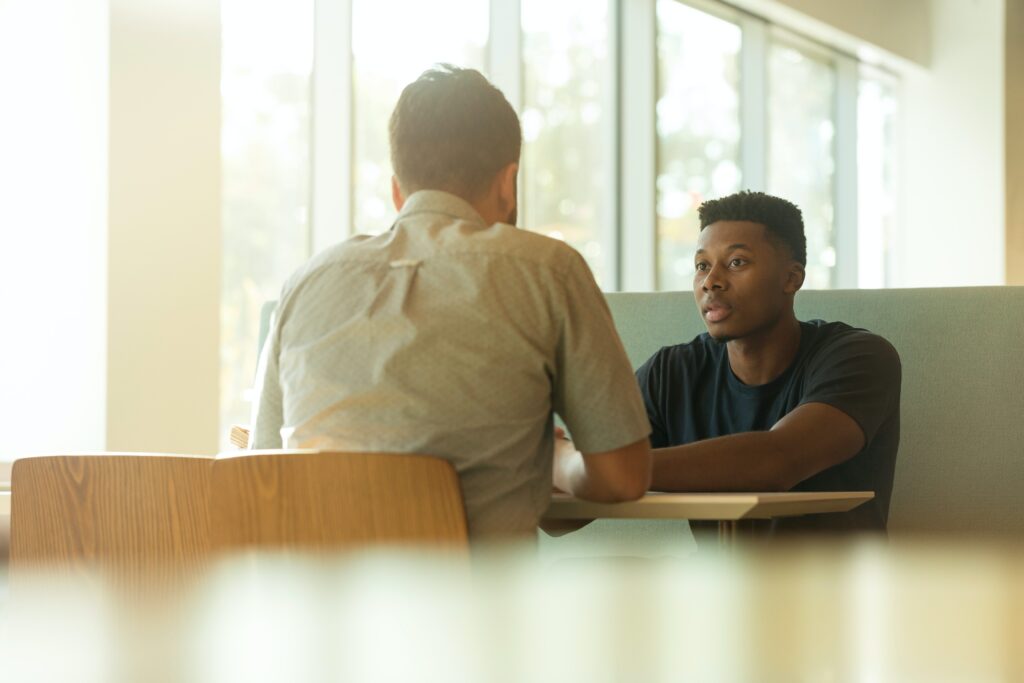I Caley Deputy Head Student
It is coming to the point when Year 12 should start looking for work experience, in preparation for work experience week in July (as it is best to get in earlier rather than later!). You can use this time to try out new environments to see what type of degree, apprenticeship or workplace you wish to pursue. It is also a good opportunity to gain super-curricular information and transferrable skills to place on your personal statement or for CV.
A good place to start for work experience is online, such as websites with a large range of opportunities like Springpod, Forage and Speakers for Schools, as well as other super-curricular ideas such a MOOC courses. You can also find very specific online work experiences, such as the ObserveGP program which was set up by the RCGP. The best part about virtual work experience is that this can be done during the school term, such as on the weekends, and most do not have a deadline so you can complete it in your own time.
For in person work experience, the best way to get them is to ask, either face-to-face or through an email or phone call; the worst thing they can say is no! Another way is through people you know such as going through parents or siblings, and going into work with them.
You should also keep an eye on places where you specifically want to do a placement, to see when they open for applications, such as local hospitals, pharmacies and local primary schools. This is because a lot of placements are very over-subscribed and so getting in early may increase the chances of getting a place you want.
Another area that tends to be combination of both information around a course of your interest and an insight into the world of work are Master Classes, which are typically run by Universities. A local one is run by The University of Birmingham, which has a wide variety of schemes, from engineering to politics.
It is crucial to keep a log of what happened during your work experience every day, and how you reflected on it. This can make it a lot easier when writing your personal statement or CVs as it saves you struggling to remember the details and trying to explain what you learnt from it when you are outside of that environment. Keeping a detailed log of all key experiences (such as Master Classes and other online webinars) makes writing a CV and applications for UCAS (both personal statements and the section for experiences) a lot easier.
When looking for work experience push yourself to go outside your comfort zone and experiment with different interests. It is completely normal to not be certain on a particular career path at this moment in time, but exploring different options now will help you become certain of a profession in the future. For example, you may see the interactions between the defence and prosecution in court and realise you need to understand this more by watching videos or by having a more in person approach by visiting different courts.
Here are some useful links:
Springpod - https://www.springpod.com/
Forage - https://www.theforage.com/
MOOC courses - https://www.mooc.org/
Speakers for School - https://www.speakersforschools.org/
